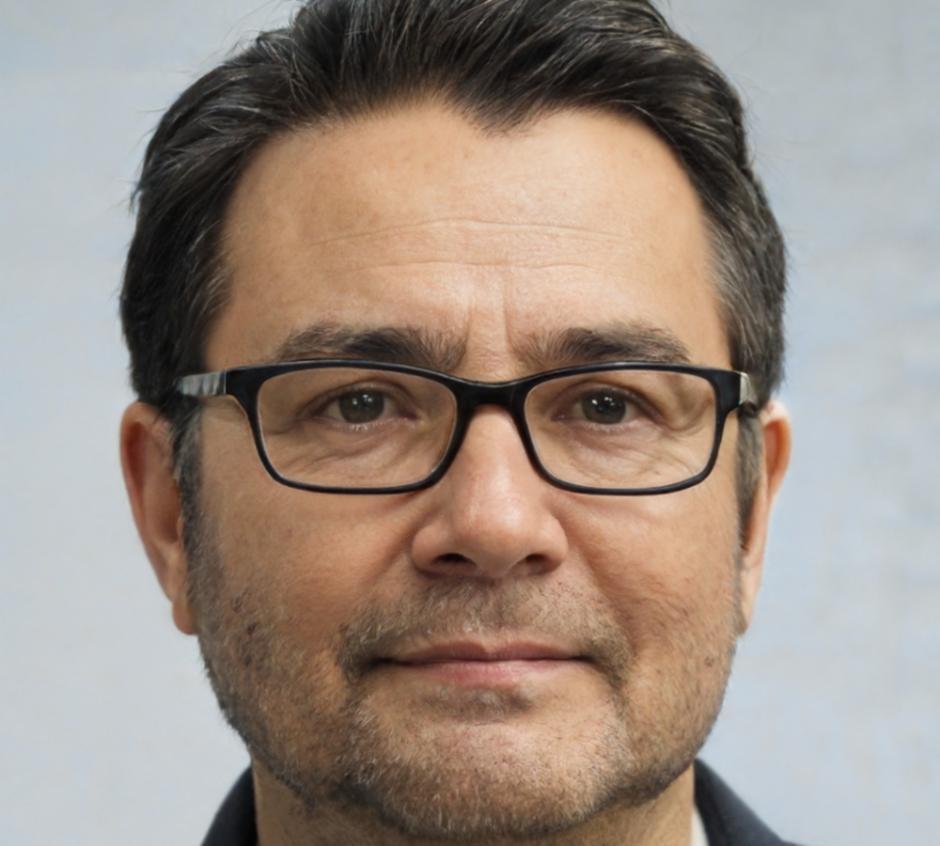Money talks, but budgets tell the truth
Most people think budgeting means cutting everything fun from their lives. That's backwards thinking. A solid budget actually shows you where your money disappears and helps you spend on what matters. Our programs teach practical money management that works for real people with real expenses in Vietnam's economy.
See our programs

Why budgets fail for most Vietnamese households
Irregular income patterns
Freelancers, small business owners, and service workers don't get paid the same amount every month. Traditional budgeting methods built for steady salaries just don't work when your income fluctuates by 40% month to month.
Family obligation blind spots
Your parents need help with medical bills. Your cousin is getting married. These aren't optional expenses, but most budgeting advice treats them like unexpected emergencies. They're not unexpected when you understand the cultural context.
Cash versus digital money tracking
You can track every dong spent through banking apps, but what about the 200,000 VND you paid for lunch this week in cash? Most Vietnamese still use cash for daily expenses, creating a massive gap in budget tracking.
Inflation outpacing savings
You're saving 2 million dong monthly, but prices increased faster than your savings grew. Without understanding inflation-adjusted budgeting, you're working harder while losing purchasing power year after year.
How we teach budgeting differently
Variable income budgeting
We teach percentage-based budgeting instead of fixed amounts. When your income changes, your budget adjusts automatically. This matches how most Vietnamese actually earn money, not some idealized version of steady paychecks.
Cultural expense planning
Family obligations get their own budget category with historical tracking. After six months, you'll see patterns in these expenses and can plan ahead instead of scrambling each time an event comes up.
Hybrid tracking systems
Our method combines digital tracking with simple cash envelope systems. You'll spend five minutes daily recording cash expenses using voice notes or quick photo receipts. No complicated spreadsheets required.
Real purchasing power analysis
Every quarter, we help you review what your money actually buys compared to three months ago. This keeps your budget realistic as prices change throughout the year.
Emergency buffer building
Instead of vague advice to save three months of expenses, we calculate your actual risk factors and build appropriate buffers. Someone with stable employment needs less cushion than a freelance designer.
Debt prioritization frameworks
Not all debt is equal. We teach you which debts to pay first based on interest rates, social obligations, and long-term financial impact. Sometimes paying family back quickly matters more than mathematical optimization.
Financial foundations program starting September 2025
This twelve-week course meets twice weekly in the evenings. You'll work with real numbers from your own finances, not theoretical examples. Each session builds practical skills you can apply immediately.
- Weeks 1-3: Income and expense tracking Set up systems that work with your actual spending habits. By week three, you'll know exactly where every dong goes without feeling overwhelmed by tracking.
- Weeks 4-6: Category optimization Identify spending patterns and adjust categories to match your life. You'll learn which expenses you can control and which ones require different strategies.
- Weeks 7-9: Emergency planning and buffers Build cushions for irregular expenses and genuine emergencies. This section often surprises people with how much security small changes create.
- Weeks 10-12: Long-term financial planning Connect daily budgeting to bigger goals like buying property or starting a business. Your budget becomes a tool for building wealth, not just tracking poverty.

What participants say about their experience
I spent three years thinking I was bad with money. Turns out I just needed a budgeting system that matched my freelance income. Within two months of finishing this program, I had saved more than the previous year combined. The variable income approach changed everything for me.
The cultural expense planning section was worth the entire course fee. My family obligations haven't changed, but now I can plan for them instead of panicking every time someone needs financial help. I actually sleep better knowing I have systems in place for these situations.

